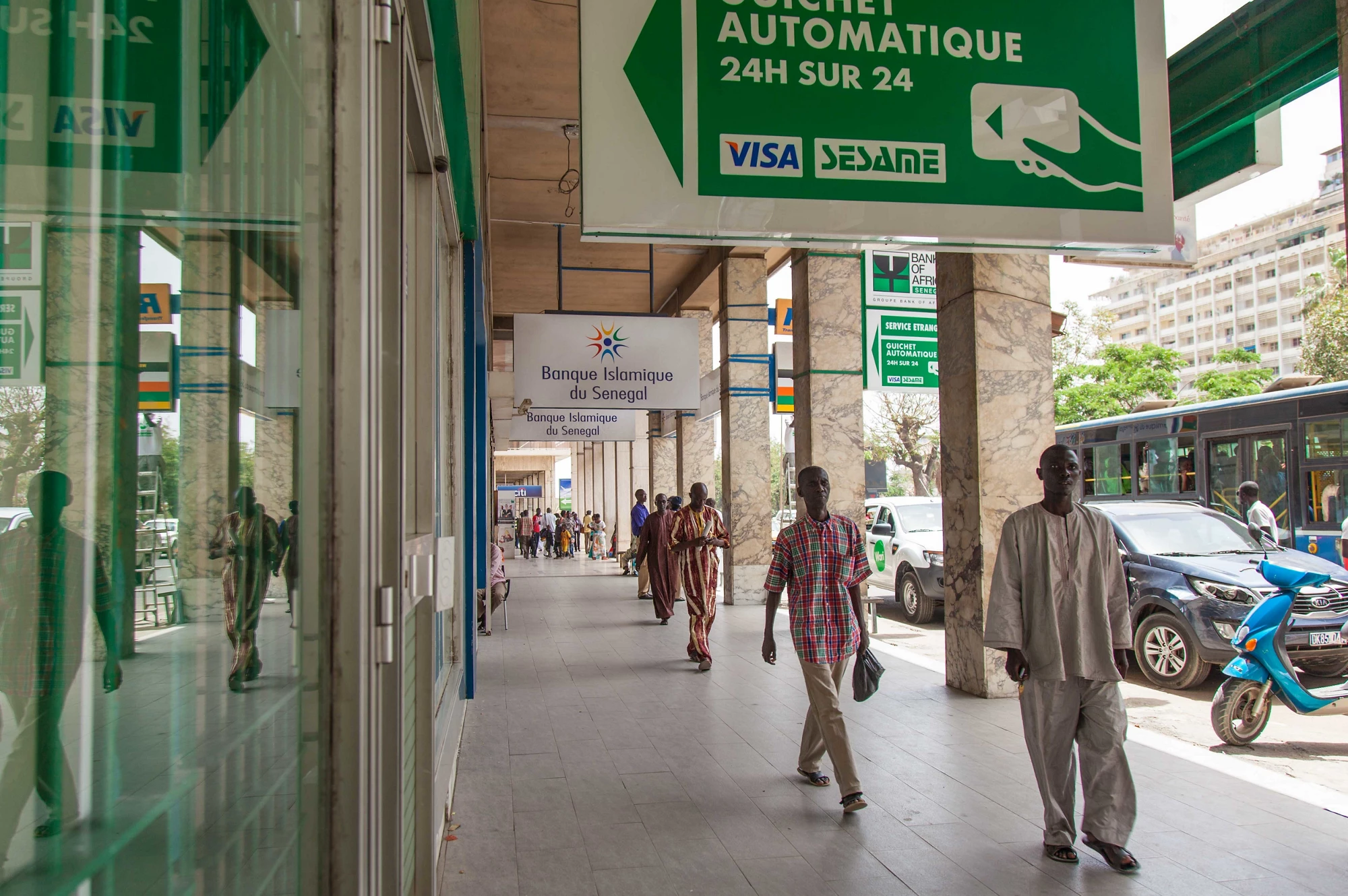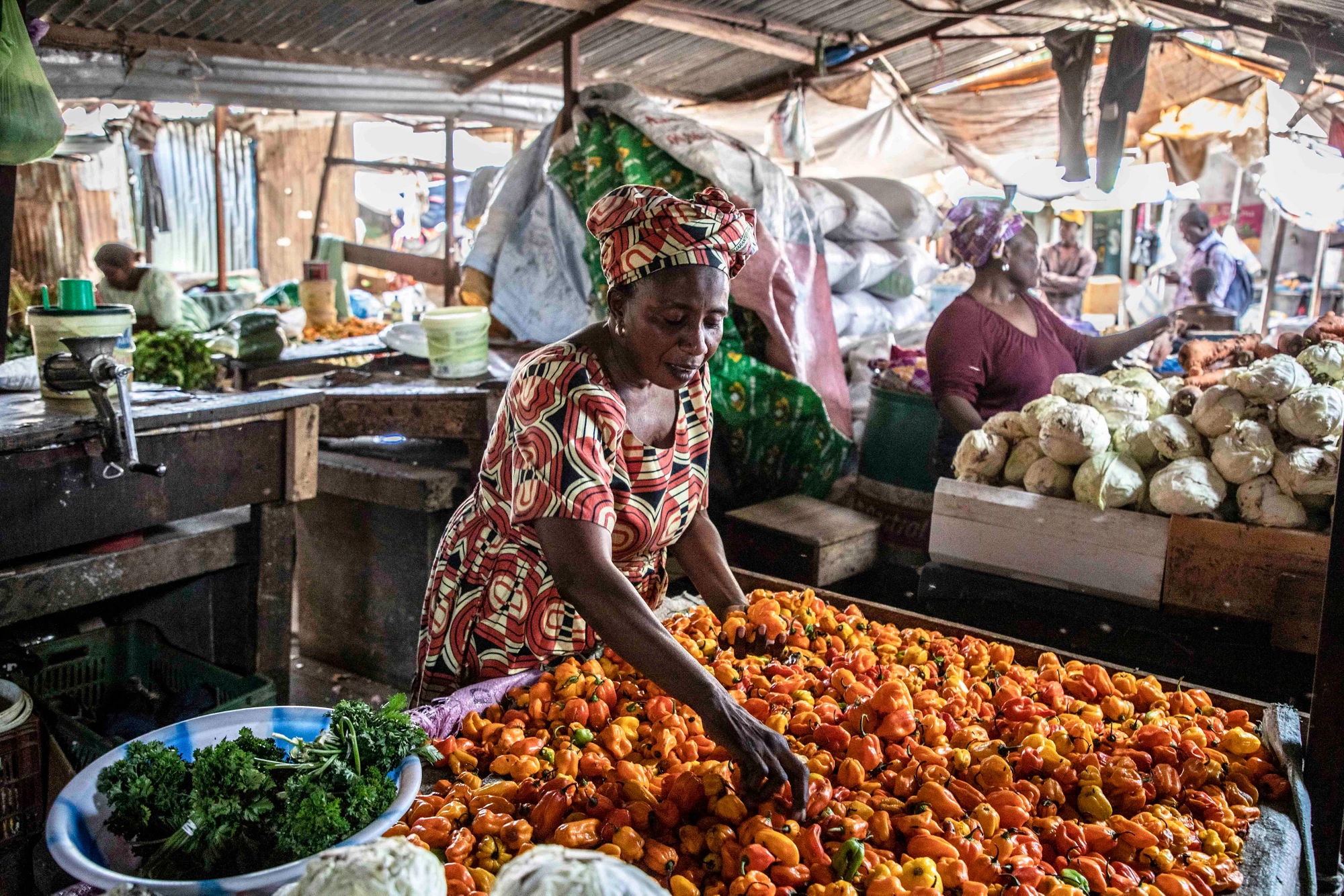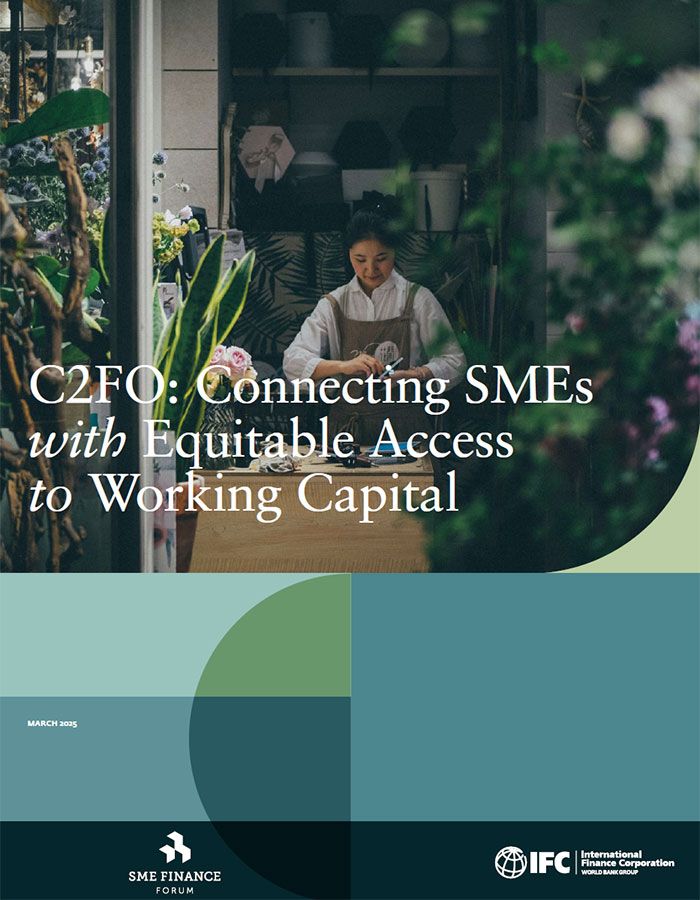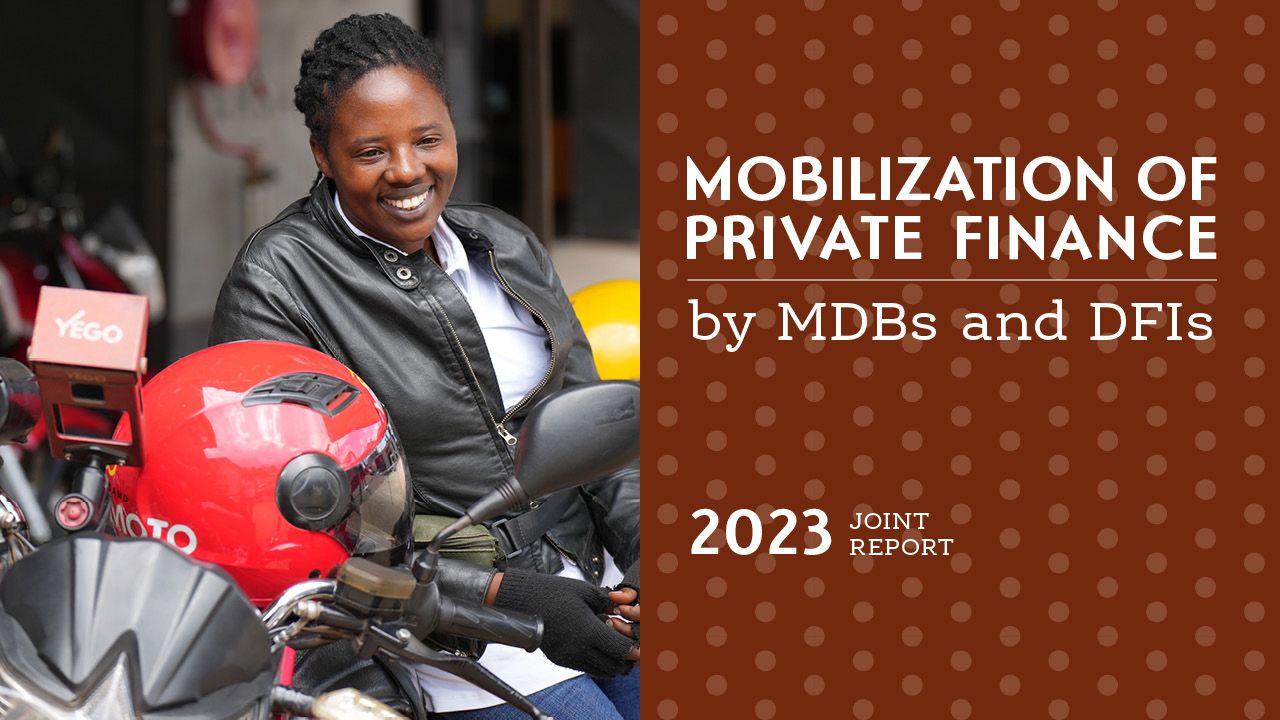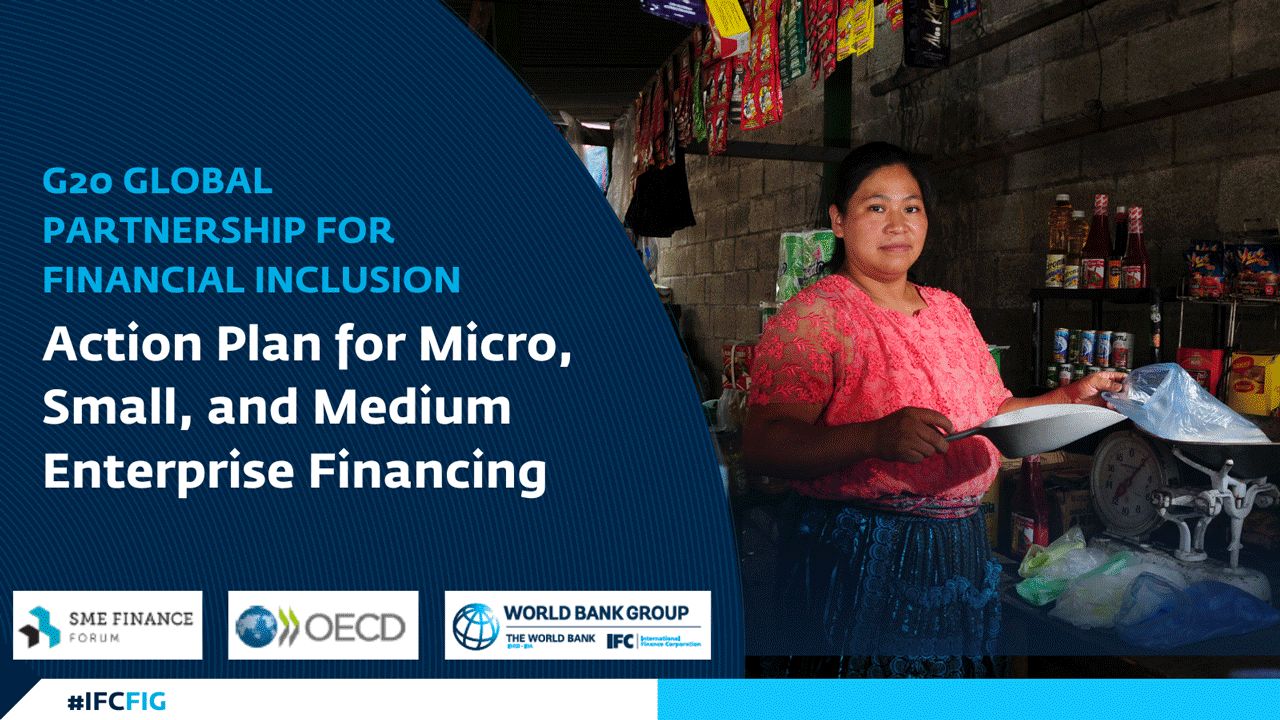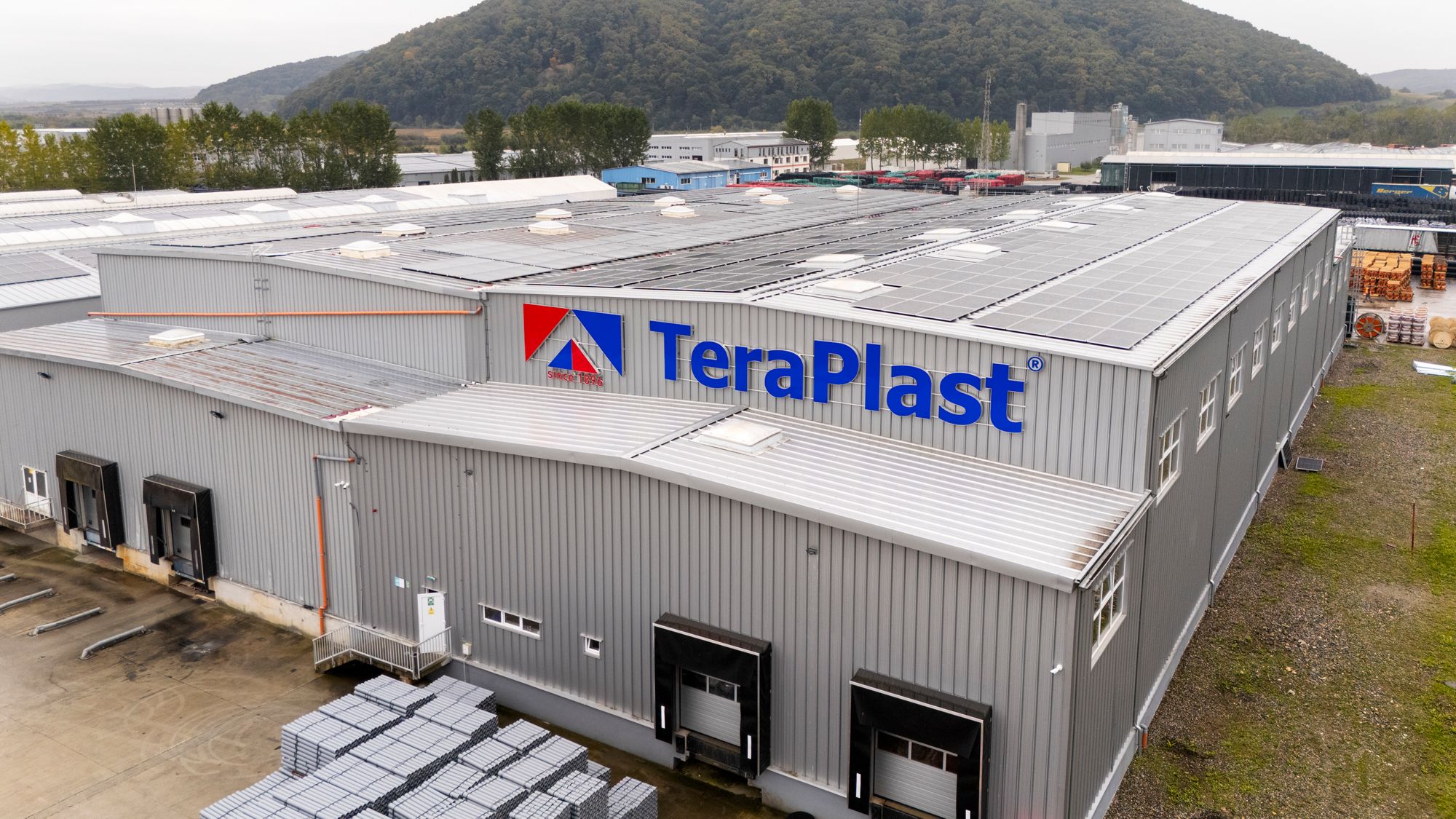Select a Region Sub navigation page selecting option, jump to that section
IFC works with more than 800 financial institutions globally, providing innovative investment and advisory services, mobilizing capital into emerging markets, and boosting access to finance for millions of individuals and micro, small, and medium-sized enterprises. Through our expansive partnership network, IFC helps drives investment across sectors with the greatest development impact, including climate finance, housing finance, finance for women-led businesses, insurance, agribusiness and capital markets. Learn more about how we work.
The impact of IFC financial clients in 2023
-
2 million Jobs created
-
$285 billion In loans to SMEs
-
$68.2 billion In Microfinance loans
-
$58.9 billion In loans to women-owned enterprises
Press Releases
View more- IFC Partners with Agricover Credit to Boost Financing for Romanian Farmers
April 3, 2025 - IFC Supports BAC to Boost MSMEs and Create Jobs in El Salvador
March 20, 2025 - IFC and IDB Invest Forge Partnership with Itaú Unibanco to Issue First Bond with a Focus in Biodiversity and Social Initiatives in Brazil
March 20, 2025 - IFC Partners with Financial Institutions in Côte d’Ivoire to Boost Access to Finance for SMEs
March 20, 2025 - Rise in Capital-Market Financing Powers Investment and Employment in Developing Countries
March 13, 2025
